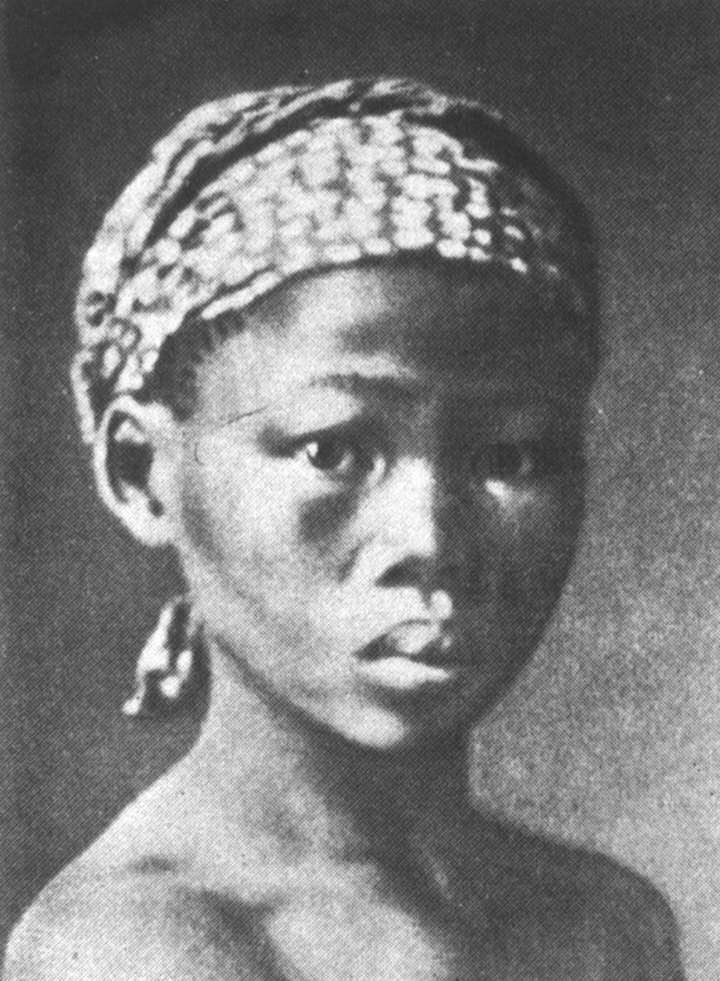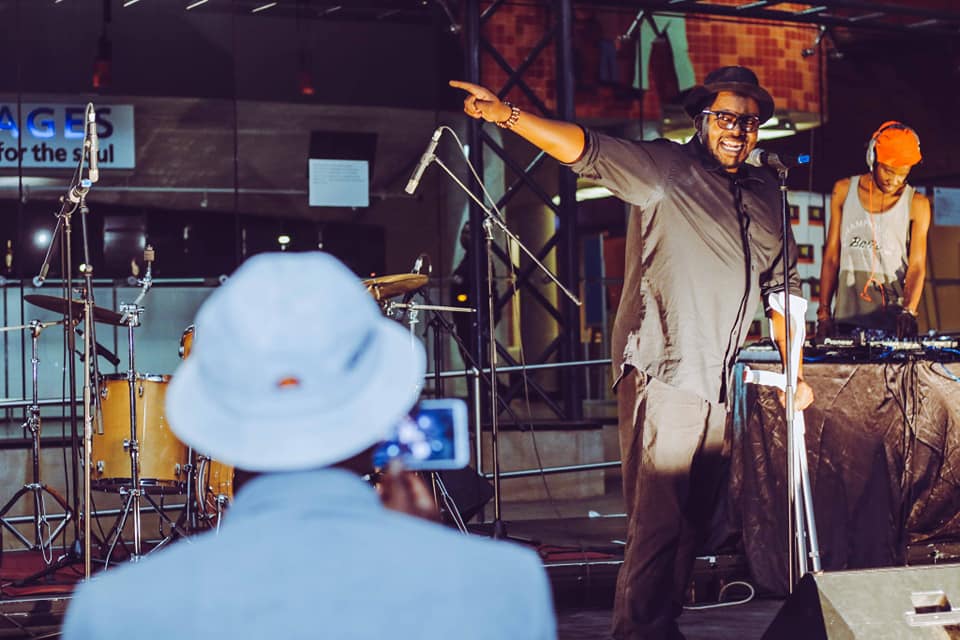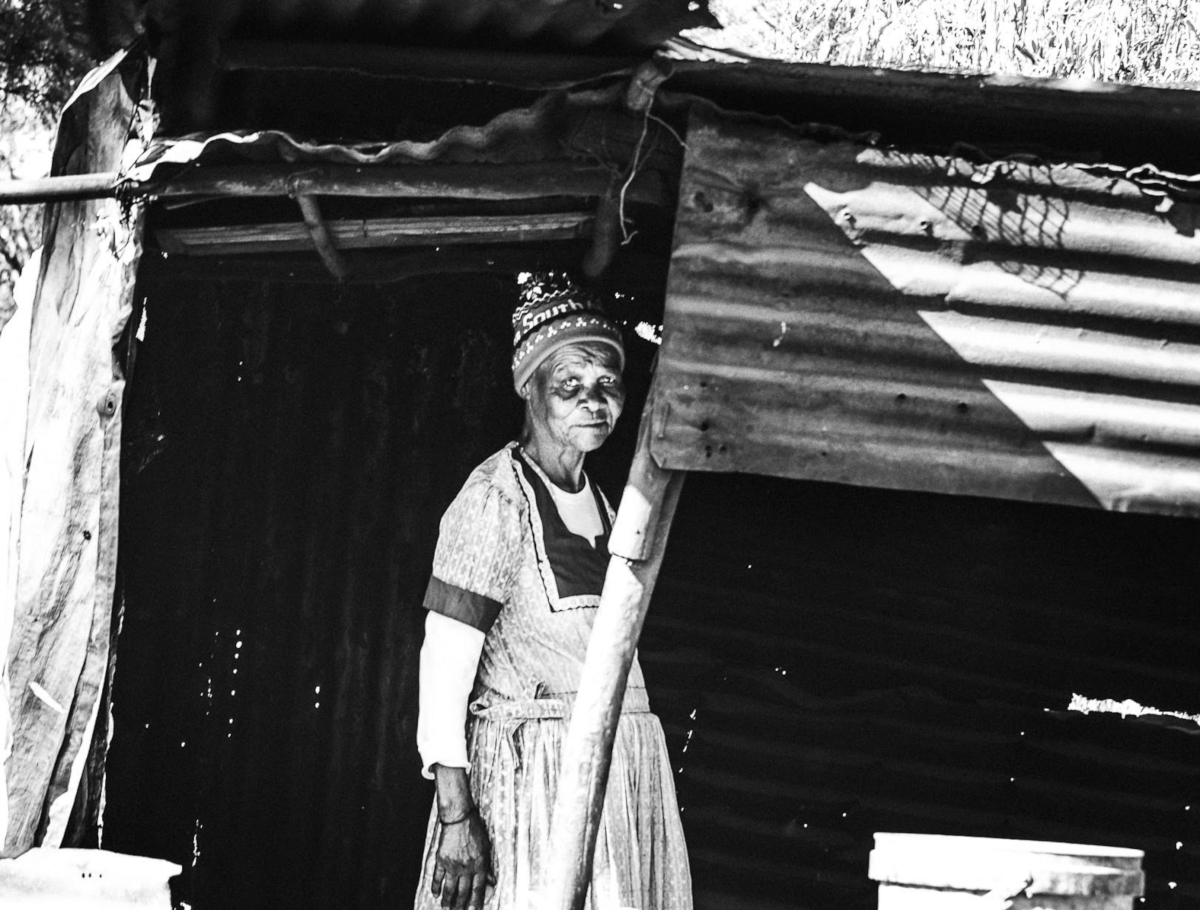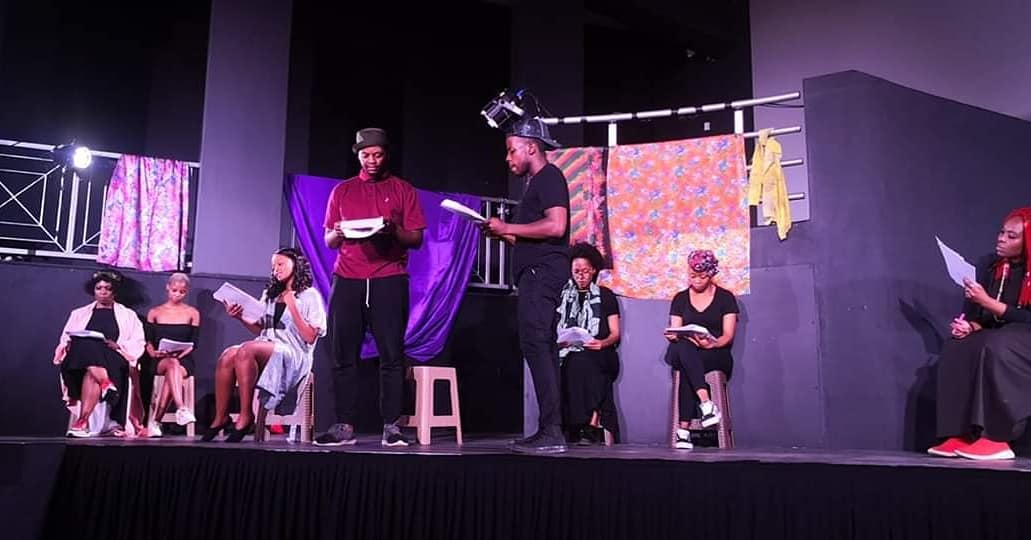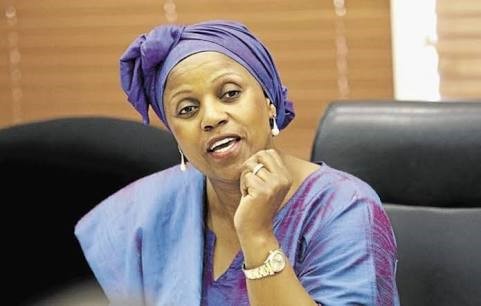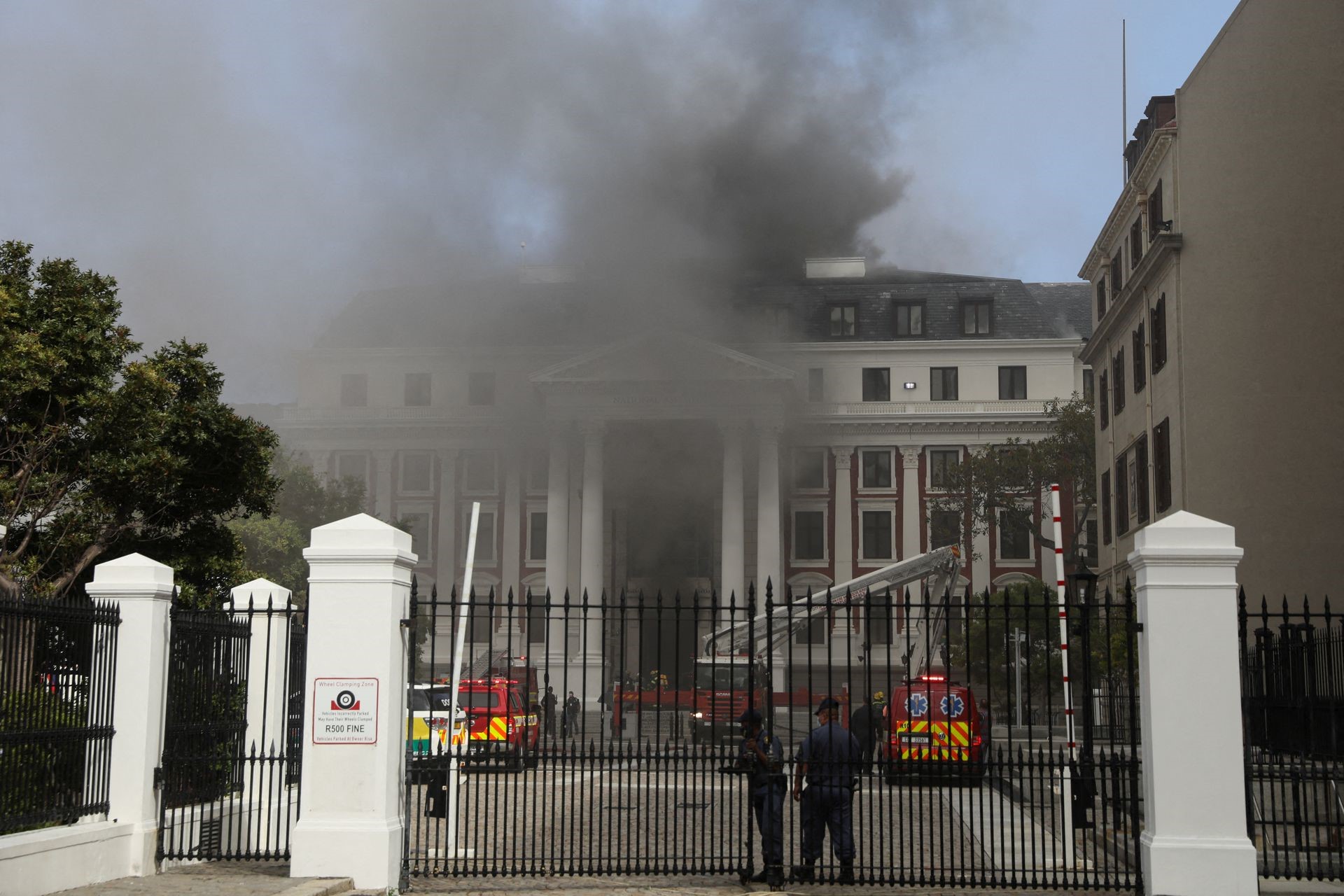If existing records are accurate, 2024 arguably marks a seminal 350 years since Krotoa (1643-1674) transitioned to the ancestral realm. After attending an inaugural workshop on the "Histories of Universities in South Africa" hosted at Stellenbosch University (SU), led by Prof. Salim Badat in March 2023, I reflected on why the formerly named RW Wilcocks Building was renamed in honor of Krotoa. SU’s website provides the following reason for renaming the RW Wilcocks Building:
“The RW Wilcocks Building was named after Prof. RW Wilcocks, a former rector of SU. Although staff, students, alumni, and the public have strong and differing opinions on what the name symbolizes, due to perceptions regarding his involvement in apartheid-related matters and race-based policies, as well as his connections to Hendrik Verwoerd, the legacy of Prof. RW Wilcocks is shrouded in controversy. There is also well-documented criticism from the national psychology community (Prof. Wilcocks’s field of expertise) on the current name, as well as pleas from successive Student Representative Councils, other student movement leaders, and staff to change the name. Academic disciplines and divisions housed in the building have also requested to change the name, including the Department of Psychology, the Division of Research Development, and Stellenbosch University International (www.sun.ac.za/english/Documents/2020/Wilcocks-FAQ.pdf).”
Although much more can be said about the racist notoriety of SU’s past figures, such as alumni and past rector Prof. Raymond William (RW) Wilcocks (1892-1967), our focus remains on Krotoa and her story. Typical of existing sources, some narratives about Krotoa are consistent, while others present contradictory details. My first surprise was that the very name Krotoa is questionable. According to some sources, "The name 'Krotoa' or 'Kroket' was most likely not a name but a Dutch spelling of the designation! Oroǀõas (Khoekhoegowab spelling: Goroǀgôas), referring to the fact that she was put under guardianship, either of her uncle Autshumato (also known as Kx'aothumathub) or of Jan van Riebeeck and Maria de la Quellerie" (https://en.wikipedia.org/wiki/Krotoa). Elsewhere, Krotoa was called Eva.
Krotoa (known as Eva to the Dutch and English settlers) was the niece of Autshumao, a Khoi leader and interpreter to the Dutch (known as Harry/Herry first by the English and then by the Dutch). A young Krotoa, about 10 or 11 years old, was taken in by Jan van Riebeeck during the first few days of Dutch settlement in the Cape. She worked as a servant to the Commander’s wife, Maria van Riebeek (née de la Quellerie), and is first mentioned in van Riebeeck’s diary in January 1654 as ‘a girl who had lived with us.’ She mastered Dutch and Portuguese and responded eagerly to Christian instruction given by Maria (sahistory.org.za/people/krotoa-eva).
Owing to Krotoa’s upbringing among the Khoi and the Dutch, she mastered the languages of English, Dutch, and Portuguese. Her language skills led to her role as a chief interpreter/translator among the Dutch and English settlers. She also married Pieter Van Meerhof (1635-1668), although their marriage ended due to his endless expeditions. Most accounts agree that her marriage was an experiment in intercultural affairs, which sadly led to her giving birth first at fifteen, then at seventeen years old. Most records also agree that Krotoa had a total of seven children and was criticized by her society for being ‘a vixen, a whore, and a drunkard.’ In the final years of her life, Krotoa became an alcoholic and was cast aside by colonial society. Her actions led to her banishment to Robben Island, additionally for her perceived transgression of prostitution. Contemporary social historians, such as Tariq Mellet, remind us that Krotoa’s life cannot be fully understood outside the broader context of enslaved societies. Although the Khoi were a matriarchal society, it’s important to note that prostitution was introduced to them by the colonial settlers.
Although Krotoa seems to have passed away at a tender age of 31 or 32, she left her mark in South Africa’s historiography as a pioneering woman of the first nations of South Africa. In the final analysis, it may be stated that Krotoa’s historical significance includes her unique pioneering role as a translator, which has been a downplayed contribution to the fields of diplomacy in intercultural affairs in South Africa. Returning to SU renaming the RW Wilcocks Building to Krotoa in 2018, Anne Marie Van Zyl (Researcher at the Taal Museum) and Mantoa Rose Smouse (lecturer in the School of Languages and Literature at the University of Cape Town) agree that SU’s symbolic act ought to serve as a reminder that Krotoa deserves recognition as a pioneering mother of the initial dialect and later official language of Afrikaans. Remembering Krotoa is remembering a pioneering activist in South Africa’s lengthy history of struggle against colonial settlers. Her story must be featured in the history curriculum taught across all South African schools. Malibongwe igama lamakosikazi!

